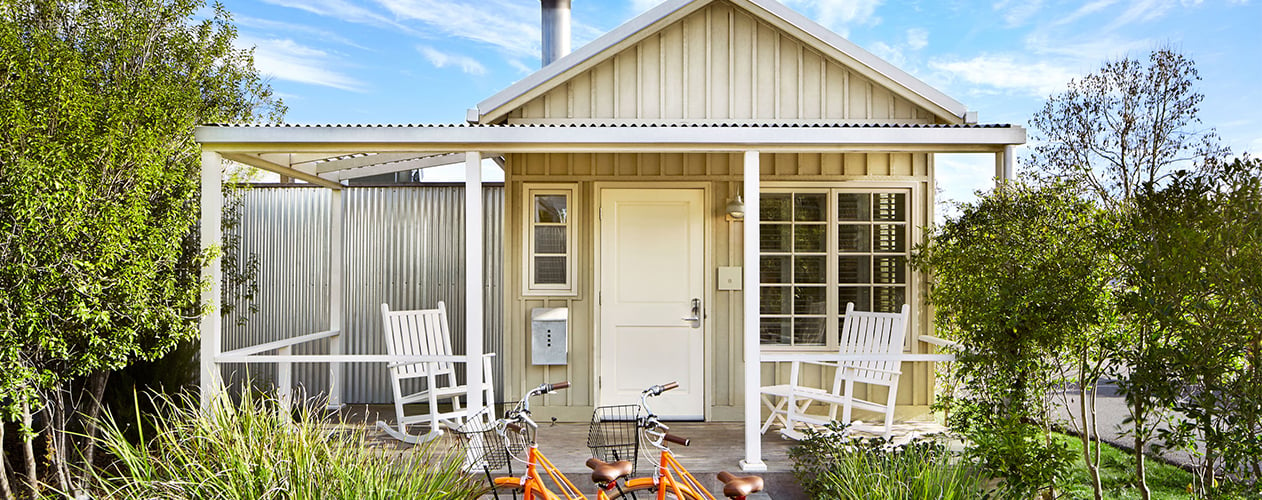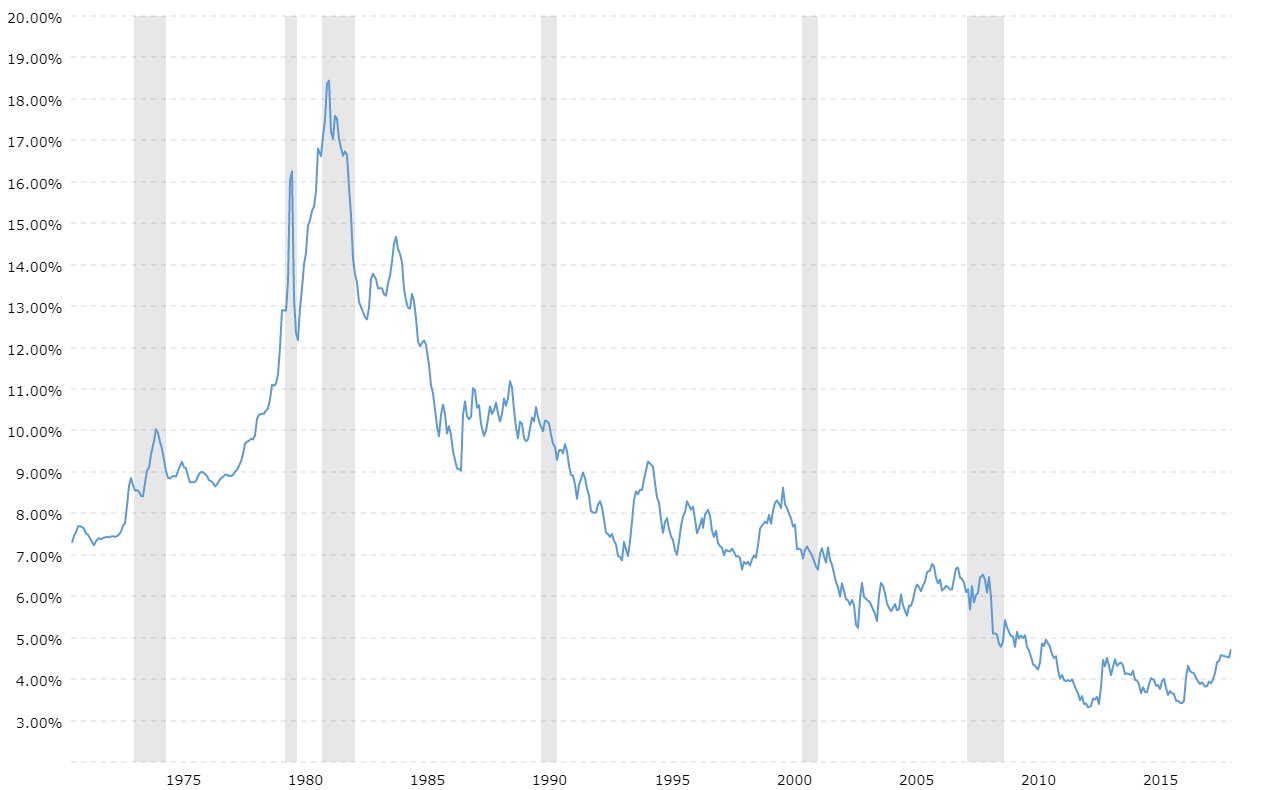One alternative is to merely sell the home to pay off the home mortgage, and disperse any remaining funds from the sale to the successors as determined by the will or the laws in your state. If you want to retain the house, Great site you'll require to deal with the servicer to get the home mortgage transferred to you.
If there was a reverse home loan on the home, the loan quantity ends up being due after the death of the debtor. If the beneficiary to follow this link the house wants to retain the home, they'll need to pay back the loan. Otherwise, they can offer the house or turn the deed over to the reverse mortgage servicer to please the debt.
The reverse home loan is a popular method utilized by older homeowners to make the most of equity in their houses. Open to property owners 62 or older, the reverse home loan can offer them steady house equity earnings. Furthermore, the older a property owner is, the more equity income a reverse mortgage offers in return (what act loaned money to refinance mortgages).
Reverse home mortgages are readily available to property owners satisfying age requirements and who fully own or have considerable equity in their homes. The home protects a homeowner's reverse home loan. While no payments are made by a house owner with a reverse home mortgage, the home mortgage is due upon death. Estate possessions can repay a reverse home loan.
Reverse home loans are paid back in a number of various ways. In addition to the estate of the deceased, heirs to the reverse mortgaged home can likewise repay the loan in complete. Reverse home loan lenders typically give beneficiaries from three to 12 months to repay the loan. If neither the successors nor the estate pay back the loan, the loan provider usually reclaims the house.
As lienholders, lending institutions can seek foreclosure on the homes protecting their loans when they're not repaid. In cases in which a reverse home mortgage lending institution ends up foreclosing, it will attempt to offer the home to please its loan. Any profits left over after a reverse home loan loan provider forecloses and offers a home normally go to the departed debtor's beneficiaries or estate.
The Ultimate Guide To Which Of The Following Are Banks Prohibited From Doing https://www.thepinnaclelist.com/articles/how-save-hours-your-life-real-estate-strategy/ With High-cost Mortgages?
By law, reverse home loans are non-recourse loans, suggesting loan providers can't pursue property owner estates or heirs for any home mortgage shortages staying after sale (who took over abn amro mortgages). Luckily, lots of reverse home loans fall under the Federal Housing Administration's House Equity Conversion Mortgage program. All FHA-based reverse home mortgages feature unique home loan insurance to cover their loan providers should mortgage deficiencies result when successors offer those houses.
Much like a conventional mortgage, there are costs connected with getting a reverse mortgage, specifically the Home Equity Conversion Mortgage (HECM). These costs are normally greater than those related to a standard home mortgage. Here are a few fees you can anticipate. The in advance home mortgage insurance premium (MIP) is paid to the FHA when you close your loan.

If the home offers for less than what is due on the loan, this insurance coverage covers the distinction so you will not wind up underwater on your loan and the lender does not lose cash on their investment. It likewise safeguards you from losing your loan if your lender fails or can no longer meet its responsibilities for whatever factor.
The cost of the in advance MIP is 2% of the assessed value of the house or $726,535 (the FHA's loaning limit), whichever is less. For instance, if you own a house that's worth $250,000, your upfront MIP will cost around $5,000. Along with an upfront MIP, there is also a yearly MIP that accumulates each year and is paid when the loan comes due.
5% of the loan balance. The mortgage origination charge is the amount of cash a lender charges to come from and process your loan. This cost is 2% of the very first $200,000 of the home's value plus 1% of the staying worth after that. The FHA has actually set a minimum and maximum cost of the origination cost, so no matter what your house is valued, you will not pay less than $2,500 or more than $6,000.
The maintenance fee is a month-to-month charge by the lender to service and administer the loan and can cost approximately $35 monthly. Appraisals are required by HUD and identify the marketplace worth of your house. While the true cost of your appraisal will depend upon aspects like area and size of the house, they usually cost between $300 and $500.
How A Simple Loan Works For Mortgages for Dummies

These expenses may consist of: Credit report fees: $30 $50 File preparation fees: $50 $100 Courier charges: $50 Escrow, or closing charge: $150 $800 Title insurance coverage: Depend upon your loan and place There are lots of elements that affect the interest rate for a reverse mortgage, including the lender you deal with, the type of loan you get and whether you get a fixed- or adjustable rate home loan (what is the interest rate today on mortgages).
A reverse mortgage is a way for eligible homeowners to tap into the equity in their houses to fulfill retirement expenditures. To certify, you should be age sixty-two (62) or over, inhabit the property as your primary home, and own the house outright or have adequate equity in the house.
The loan accumulates interest and other fees that are not due till a trigger event happens. Nevertheless, the debtor is still responsible for real estate tax, house owner insurance coverage, house owner association fees (if any), and maintenance. There are 3 alternatives for loan proceeds to be dispersed to the debtor: a lump sum, a regular monthly payment amount, or a house equity credit line.
The borrower no longer utilizes the home as a principal house for more than 12 successive months. (A debtor can be far from the home, e. g., in an assisted living home, for as much as 12 months due to physical or psychological illness. If the relocation is permanent the loan becomes due).
If a surviving spouse is not also a customer, likely because she/he is under age 62, a federal case, pointed out in Oregon cases, holds that the lender can not foreclose against an enduring partner non-borrower at the death of the spouse/borrower. Nevertheless, the loan is still due as discussed above. If a house with a reverse home mortgage becomes based on probate, the mortgage is still an encumbrance on the property.